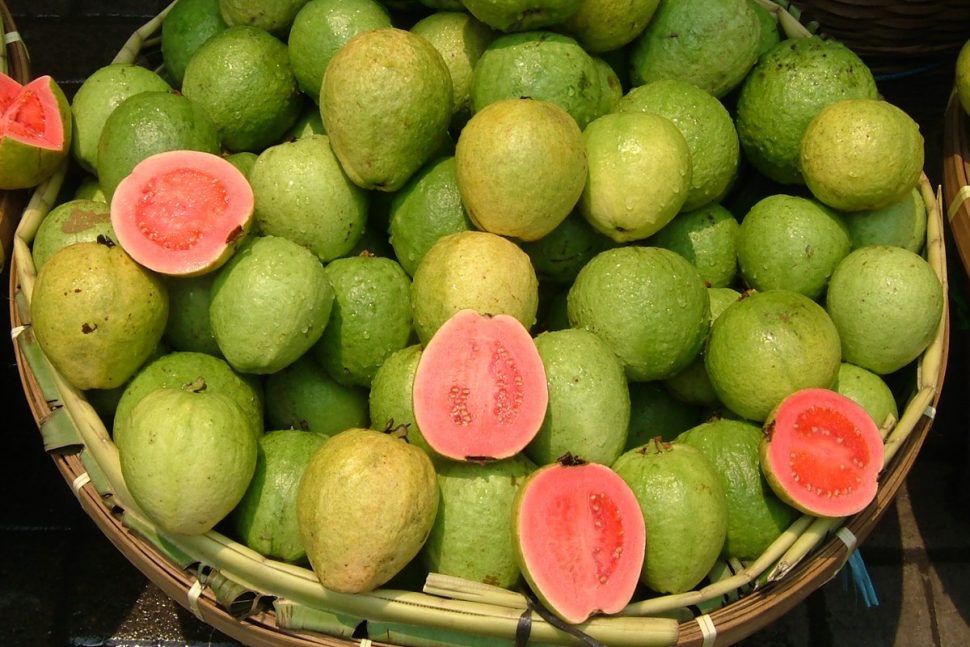If the July report of the Food and Agriculture Organization (FAO) is anything to go by, Guyana would do well not to allow its new-found and soon to be exploited oil resources to give rise to the temptation to significantly reduce its traditionally successful agricultural sector.
This temptation will arise as seemingly more lucrative paid jobs and business development opportunities emerge as spinoffs from what promises to be an economy which, in perhaps a decade, will turn heavily on earnings from businesses tied either directly or indirectly, to the oil and gas industry.
Contextually, it would be a good idea for the historically successful agricultural sector in Guyana to read the ‘tea leaves’ of the FAO report published early in July which reveals a staggering tripling of the global world food import bill since 2000 to reach US$1.43 trillion in 2017. For poorer countries, most vulnerable to food shortages, food import costs have risen five-fold over the same period. This, the FAO says, is indicative of a trend that has “been deteriorating over time, “portending an increasing challenge, especially for the poorest countries, to meet their basic food needs from international markets.”


